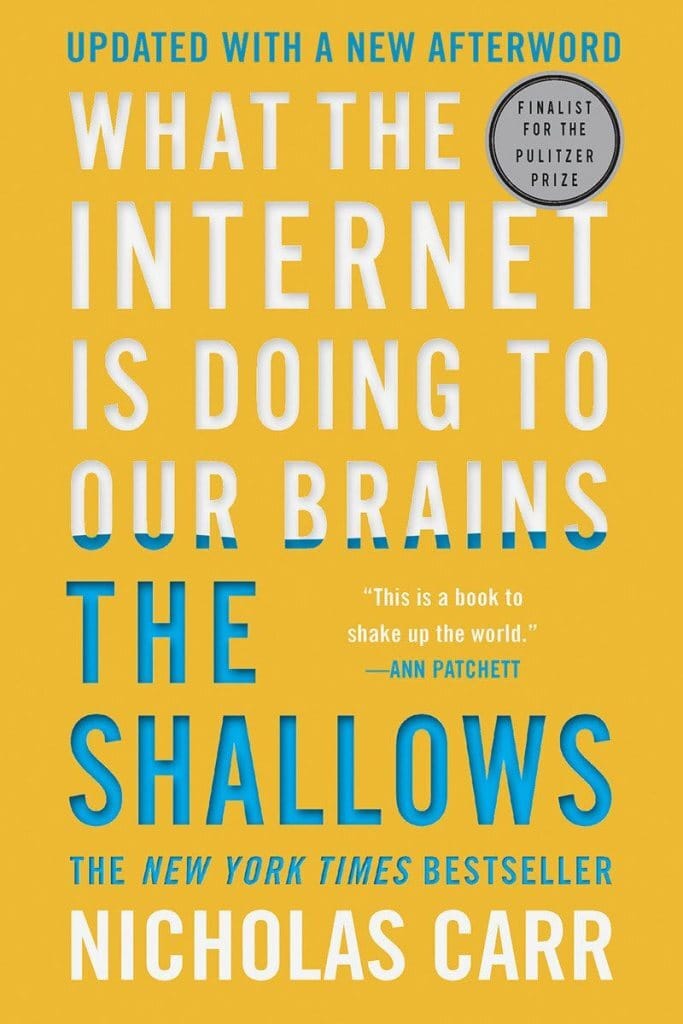- Ark's Newsletter
- Posts
- Feeling Bored? You Might Be One Thought Away From a Million-Dollar Idea
Feeling Bored? You Might Be One Thought Away From a Million-Dollar Idea
How boredom activates your brain’s hidden creative engine—and why zoning out could lead to your next big breakthrough.

The Power of Boredom in a Hyper-Connected World
In June 2007, while early adopters eagerly lined up for the first iPhone, I was navigating a different kind of frenzy: motherhood. My son, born just three weeks before the iPhone’s debut, was a colicky baby who only slept in a moving stroller, demanding complete silence. I walked 10 to 15 miles a day to soothe him, shedding baby weight but battling exhaustion and boredom. Before motherhood, I was a journalist, rushing to cover events like the Concorde crash or the revolution in Serbia. Now, I was stuck in a repetitive loop, pushing a stroller, craving mental stimulation.

Those endless walks, however, sparked something unexpected. As the colic faded and I finally got an iPhone, I channeled those hours of wandering into creating my dream job: hosting a public radio show. The smartphone allowed me to balance motherhood and journalism, letting me engage on Twitter while at the playground. But as technology filled every moment, I hit a wall. Tasked with growing my podcast audience tenfold, I sat down to brainstorm and came up empty. It wasn’t writer’s block—there was simply nothing there. Reflecting, I realized my last great idea came while pushing that stroller, when boredom gave my mind room to wander.
This realization led me to question what happens when we’re never bored. I spoke with neuroscientists and cognitive psychologists who revealed that boredom activates the brain’s default mode network. As Dr. Sandy Mann, a boredom researcher, explained, “Once you start daydreaming and allow your mind to really wander, you start thinking a little bit beyond the conscious, a little bit into the subconscious, which allows different connections to take place.” In this mode, we connect disparate ideas, solve nagging problems, and engage in autobiographical planning—reflecting on our lives, crafting personal narratives, and setting goals.

Yet, constant connectivity disrupts this process. Dr. Daniel Levitin, a neuroscientist, notes that multitasking—shifting attention rapidly between tasks—depletes the brain’s limited glucose reserves. A decade ago, we shifted focus at work every three minutes; now, it’s every 45 seconds. The average person checks their email 74 times a day and switches tasks on their computer 566 times. Dr. Gloria Mark, a professor of informatics, found that stress accelerates this attention-shifting, and less sleep correlates with more social media use, trapping us in a vicious cycle.
To break this cycle, I launched the Bored and Brilliant project, inviting listeners to reclaim the “cracks” in their day—those fleeting moments we fill with phone checks. Thousands joined, motivated by concerns about their codependent relationship with their devices. We partnered with apps to measure phone usage, revealing an average of two hours daily and 60 pickups before the challenge. During “Challenge Week,” participants followed daily experiments, like keeping their phone in their pocket for a day or deleting their most addictive app.

The results were striking. Amanda, a participant, admitted to reflexively checking her phone while walking or even in the car, a behavior technology is designed to trigger. Former Google designer Tristan Harris explained, “If I’m Facebook, Netflix, or Snapchat, I have a thousand engineers whose job is to get more attention from you.” The stakes are high: the average person spends two years of their life on Facebook, with every page load fueling an instant ad auction. As former Facebook product manager Antonio Garcia Martinez put it, “If any product is free, then you’re the product.”
Despite the challenges, creativity flourished. New Yorker Lisa Albert turned a mundane wait into a cardio workout by repeatedly climbing station stairs. Others struggled, like Liam, who deleted multiple social media apps and felt “weirdly lonely” without notifications but ultimately appreciated controlling his attention. By week’s end, participants cut phone use by just six minutes daily (from 120 to 114 minutes), but scientists called this a significant achievement for such a short period. More importantly, people felt empowered, transforming their phones from taskmasters back into tools.
Young participants, who’ve never known a world without connectivity, reported unfamiliar emotions during the challenge. USC researchers found that teenagers constantly on social media while multitasking are less creative and imaginative about their futures and societal issues like violence. This is concerning when creativity is deemed the top leadership competency by CEOs, and we face global challenges like climate change and economic disparity.
Ultimately, 20,000 people participated in Bored and Brilliant. Ninety percent reduced their phone time, and 70% gained more time to think. Participants reported better sleep, greater happiness, and a sense of waking from “mental hibernation.” This experiment underscored that digital literacy must include teaching self-regulation, especially for kids. The next time you reach for your phone, pause. Ask yourself, what am I really looking for? If it’s to check email, do it and move on. But if it’s to avoid deeper thinking, stare out the window instead. Boredom, though uncomfortable, can spark brilliance.
